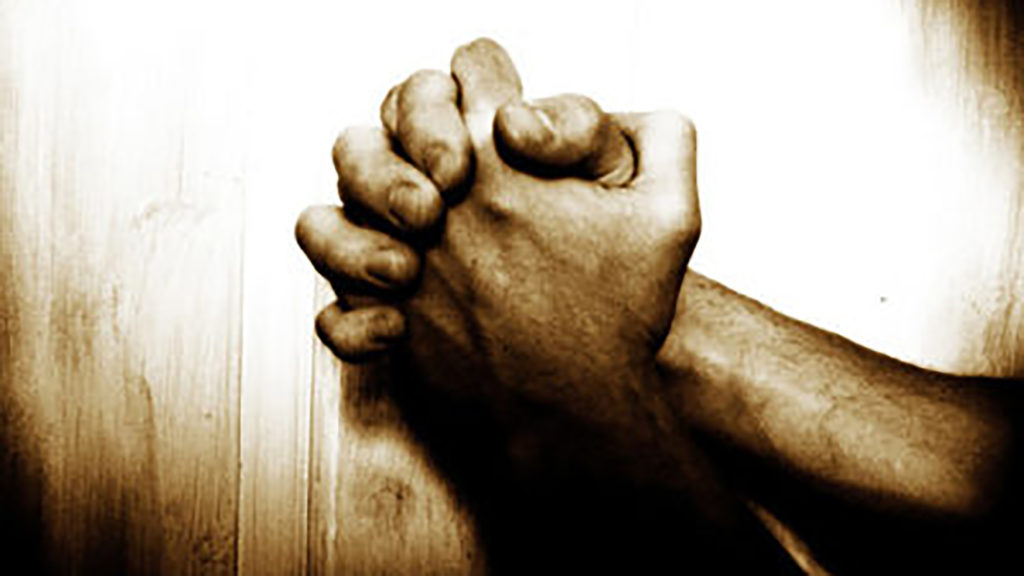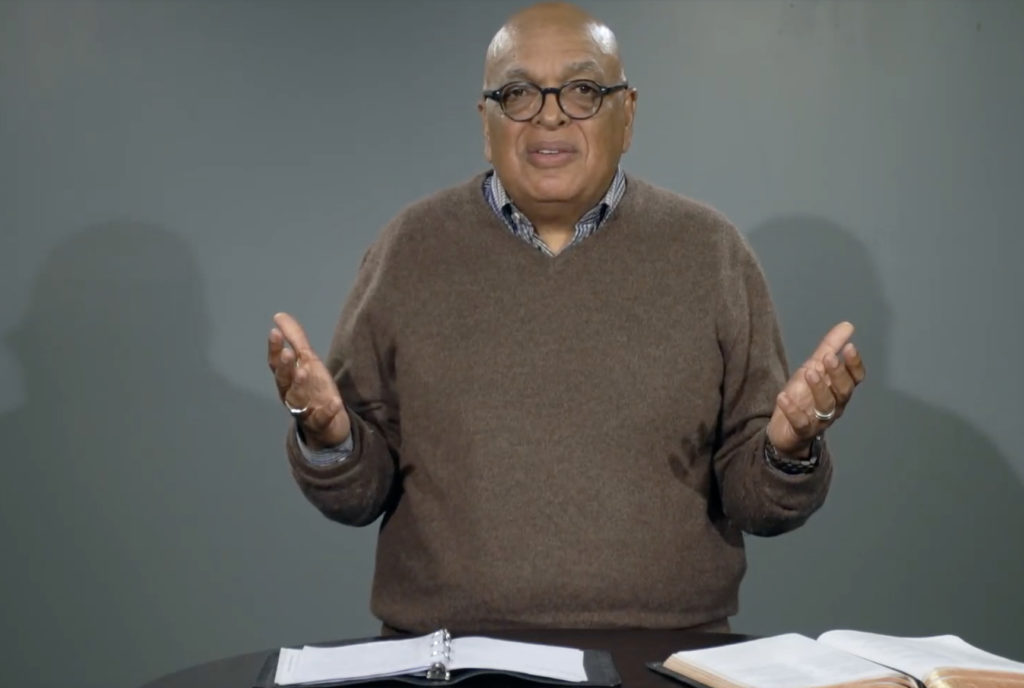The U.S. Supreme Court refused to interfere with South Carolina’s upcoming ban of video gambling, dealing what opponents of the ban called an end to video gambling in the state.
The justices rejected an appeal, filed by Joytime Distributors & Amusement Co., a Greenville, S.C.-based corporation that owns 164 video gambling machines. The appeal challenged the way the ban was approved in 1999.
The South Carolina General Assembly passed a law last summer that would ban video gambling unless a majority of voters in a November referendum approved continued payouts from the machines.
The South Carolina Supreme Court struck down the referendum, but upheld other parts of the law, effectively ending the state’s $2.8 billion a year industry.
With an estimated 3,000 video poker employees about to lose their jobs, economists are worried.
Last year, the South Carolina Chamber of Commerce commissioned a study that concluded the $60 million in tax revenues generated by video poker is actually less than 1 percent of the total state budget and the job losses in video poker would be small compared with the 300,000 unemployment claims filed every year in South Carolina.
Mike Hamlet, senior pastor of North Spartanburg Baptist Church, agreed with that assessment. “It’s actually going to help the economy because all that money is going to produce real jobs,” Hamlet said.
Hamlet said the death of video gambling gives a boost to opponents of the state lottery. “And anyone who says that churches need to stay in the four walls and not involve themselves in these issues has no understanding of the New Testament,” he said.
“Jesus calls us to be salt and light, to make an impact on our culture. In areas where there is a moral principle, not only does a Christian have an opportunity, but a responsibility to take a strong stand.” (BP)





Share with others: